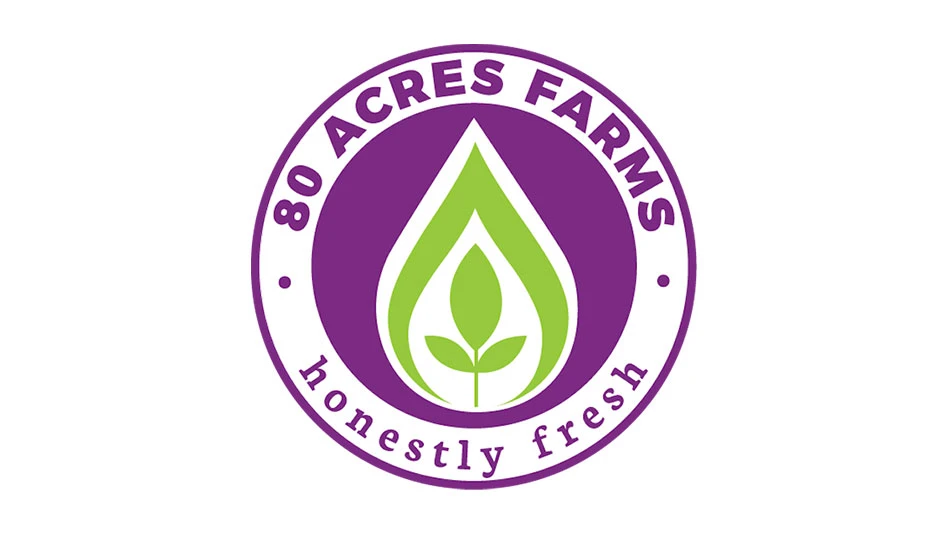
Recruiting reliable seasonal labor is a constant struggle for growers. While there are digital hiring solutions like online job boards, they still take a great deal of effort and time to maintain job listings and interview potential workers.
Given those barriers, some growers may want to look to the U.S. government-sanctioned H-2A visa program to hire from an experienced and motivated pool of migrant seasonal labor.
“With this program, migrant seasonal farm workers are vetted through the U.S. Department of Labor and work with a grower for a set period to complete a set of tasks that have been predetermined,” explains Terry Vandercook, sales development coordinator for Legacy Labor, a licensed greenhouse labor contractor that helps facilitate the H-2A visa program for growers. “It’s a great way for the grower to know they have reliable labor that’s going to show up at a specific date for a specific type of work and stay through a specific date. So, the grower can really plan their growing season around knowing that they’ll have labor.”
But the H-2A program presents its own set of barriers in the form of government bureaucracy that can be daunting to navigate. There are both federal and state agencies requiring specific documentation for workers connected to the H-2A visa program, explains Vandercook.
“If a grower isn’t familiar with these agencies and how to navigate the bureaucracy that’s involved, it can be very cumbersome. That’s where an organization like Legacy Labor comes in,” Vandercook says. “We ensure that the visas are filed. We ensure that the workers are vetted and receive the proper documentation before ever leaving their home country. So, we really take the hassle out of navigating that visa application and award process.”
But support from companies like Legacy Labor isn’t simply limited to helping growers navigate the maze of bureaucracy, like paperwork and vetting. Legacy Labor also ensures workers have transportation and housing. Additionally, they provide human resources support, including training and ensuring workers are fitting in with the work culture of the business.
“By doing that, we significantly reduce the grower’s liability,” Vandercook explains. “Legacy Labor accepts that responsibility, which means we also accept the responsibility for any audits that the State Department may choose to perform.”
And once a good match is found between H-2A workers and growers, those relationships aren’t severed at the end of the season. Legacy reports that it retains 90% of its workforce. That means growers will see familiar faces and people who know their operation when the growing season resumes. That further reduces costs of training and recruiting.
“Growers need to know that with a company like Legacy Labor behind them, the H-2A visa program is a very valuable and viable way to meet their workforce needs,” Vandercook says. “It takes a lot of the guesswork out of putting together a reliable and dedicated crew.”
Get curated news on YOUR industry.
Enter your email to receive our newsletters.Latest from Produce Grower
- The Growth Industry Episode 3: Across the Pond with Neville Stein
- University of Evansville launches 'We Grow Aces!' to tackle food insecurity with anu, eko Solutions
- Lawsuit challenges new H-2 visa rules
- Q&A: Sandra Eskin Leads Food Safety Advocacy Organization, STOP, as CEO
- Find out what's in FMI's Power of Produce 2025 report
- Martin A. Makary Sworn in as FDA Commissioner
- PG CEA HERB Part 2: Analyzing basil nutrient disorders
- LettUs Grow, KG Systems partner on Advanced Aeroponics technology





